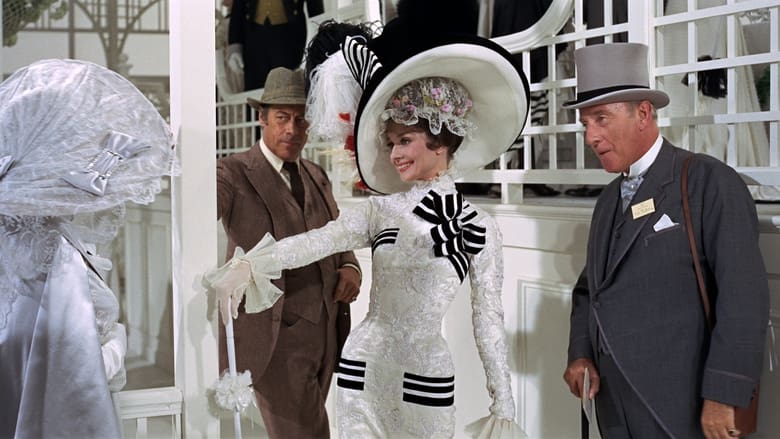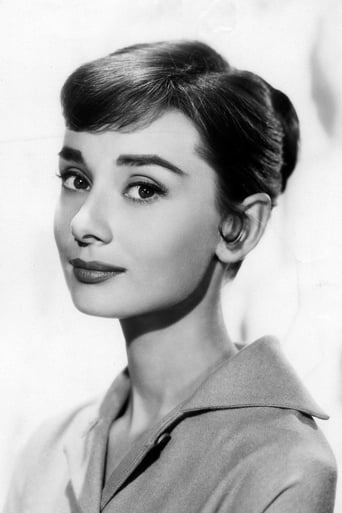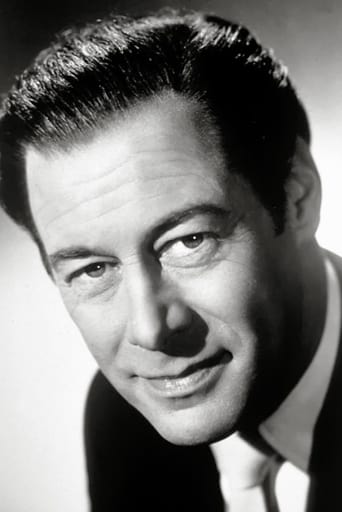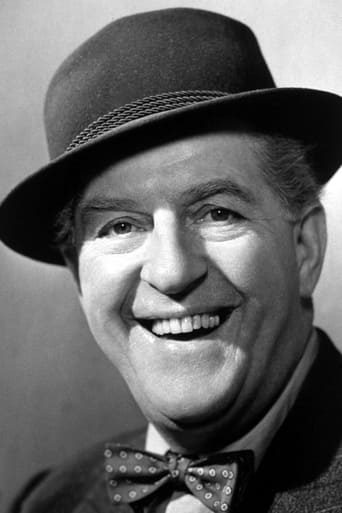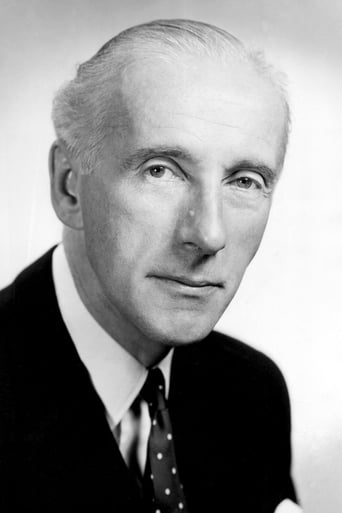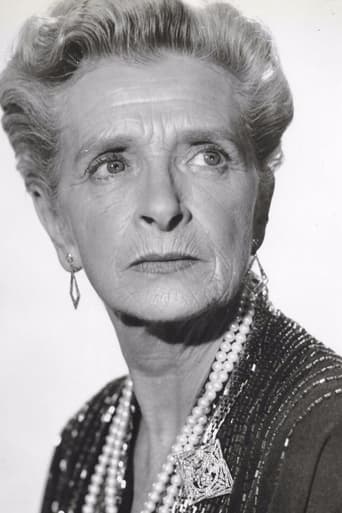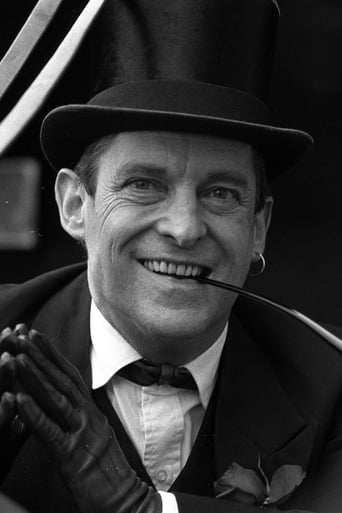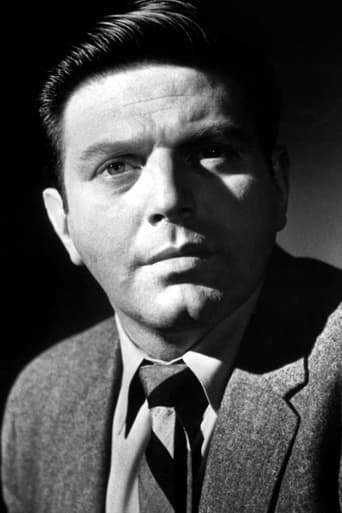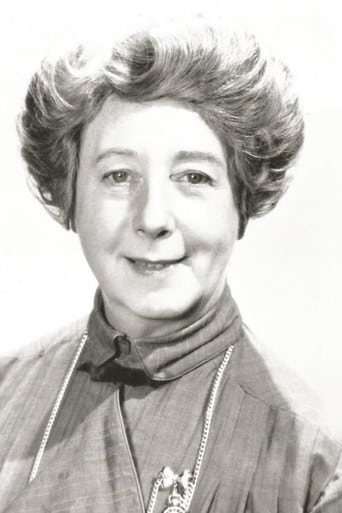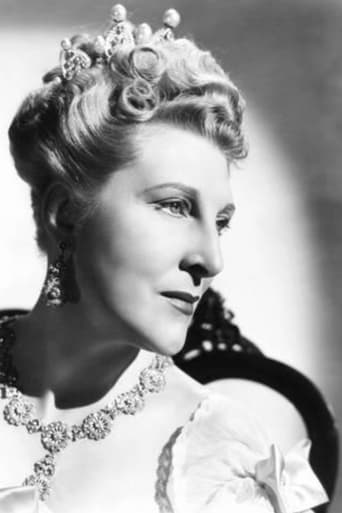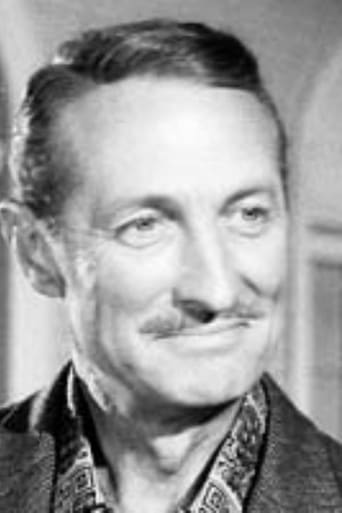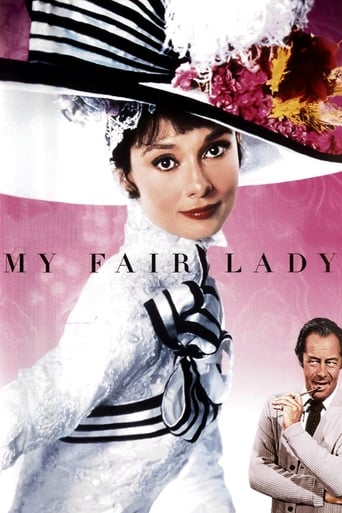
My Fair Lady
October. 21,1964 GA snobbish phonetics professor agrees to a wager that he can take a flower girl and make her presentable in high society.
Similar titles
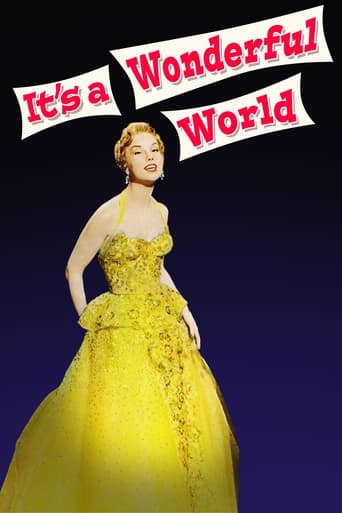
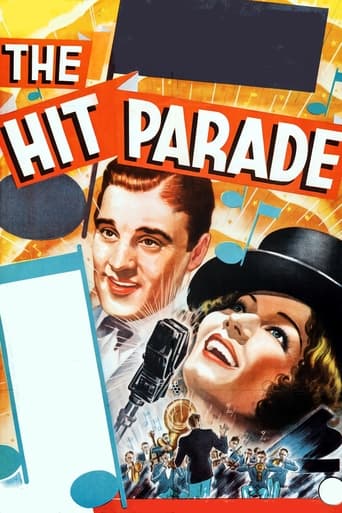
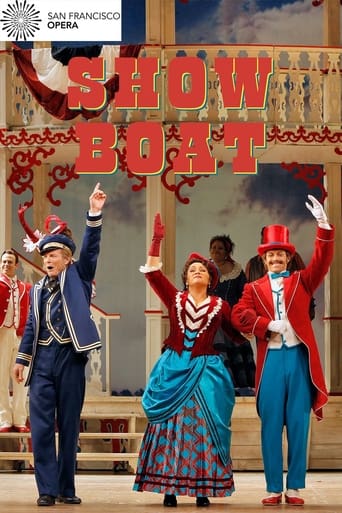
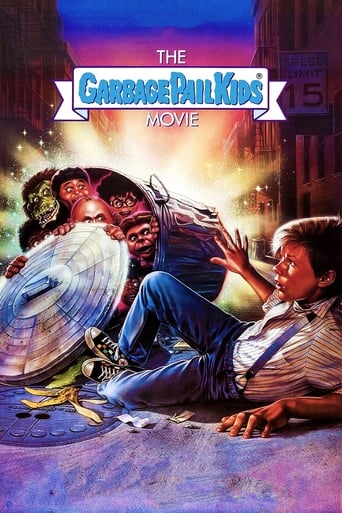

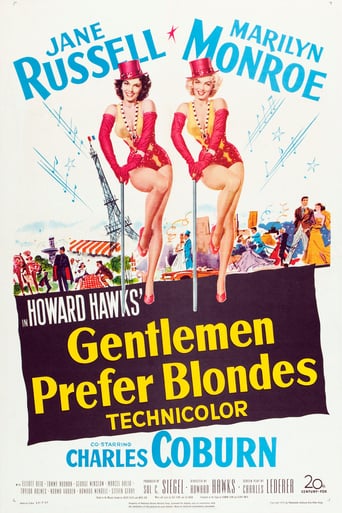
You May Also Like
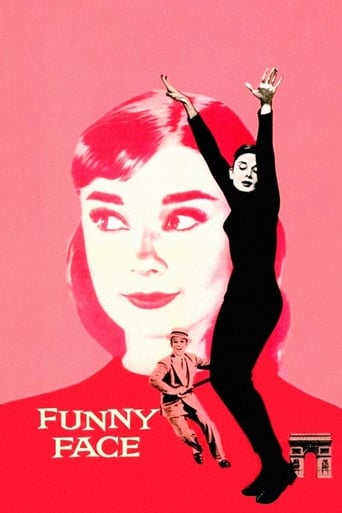
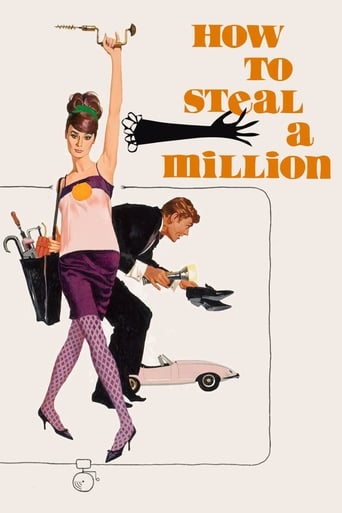
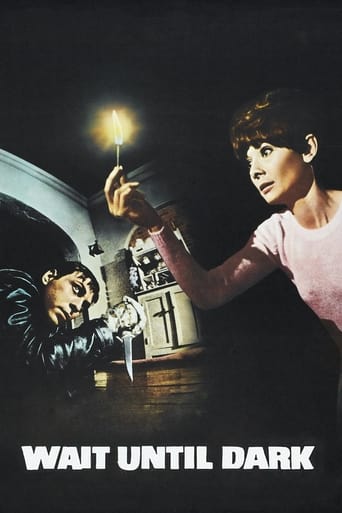
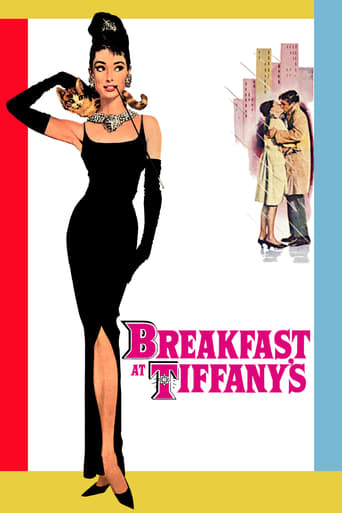
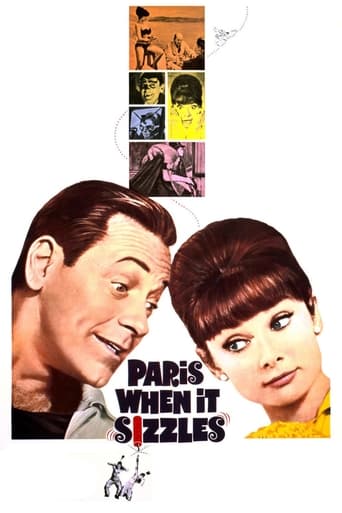
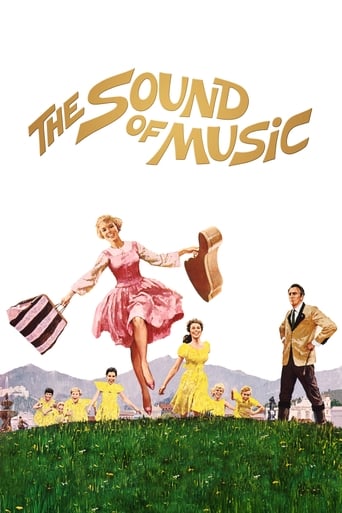
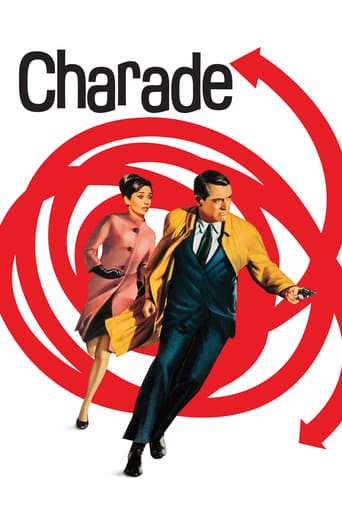
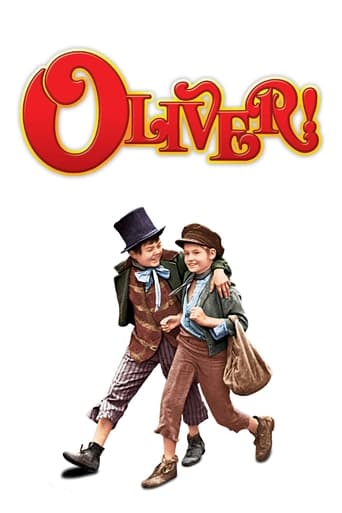
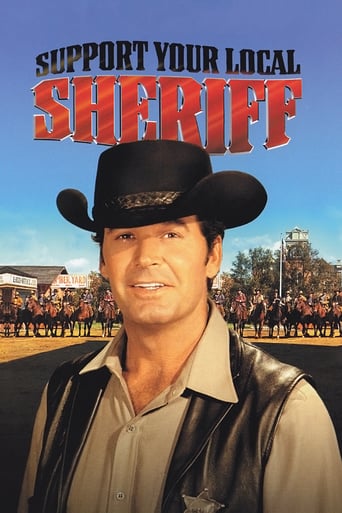
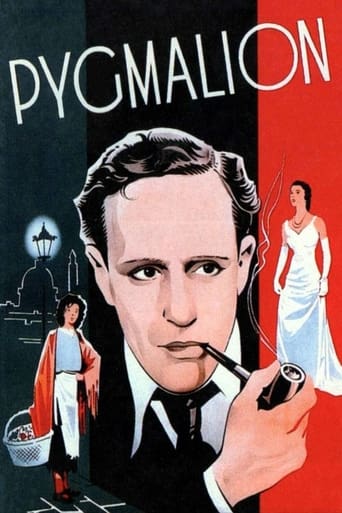
Reviews
Purely Joyful Movie!
A Disappointing Continuation
This is a tender, generous movie that likes its characters and presents them as real people, full of flaws and strengths.
Like the great film, it's made with a great deal of visible affection both in front of and behind the camera.
This film shows cinema at its finest in producing such a classy and acclaimed film and musical. Considering how cinema has taken a downward spiral with today's vulgar and thin plots this film could be considered as a remnant of the golden age of cinema. We see a refined and distrustful professor, Henry Higgins, who is cynical of everyone around him. From his maid, his close friends and even a simple unknown flower girl. As an accomplished and intelligent professor he is snobbish and part of high society. He is so confident in his abilities that he easily accepts a wager to change the flower girl he just made into a respectable lady. The acting from Rex Harrison deserves high praise, it is effortless and believable. The same can be said for Audrey Hepburn who plays the role of a low class person to perfection. We are also treated to first class music and performances from the cast, musicals never seemed so enjoyable. We see Henry teach Eliza how to be a lady and their constant quarrels. The experiment is such a success that high society is none the wiser as to her transformation. However Audrey feels like a prize or object in a rich white man's game. More importantly despite his success, the experience of tutoring Eliza has humbled him. The end of the film where they show respect and care for each other was a masterstroke as no romance was needed.
One of "my favorite movies", though it should have starred Julie Andrews who starred with Rex Harrison on Broadway. In a bit of Oscar irony, Ms. Andrews won the Best Actress Oscar playing Mary Poppins (1964) and Ms. Hepburn wasn't even nominated. Alan Jay Lerner's musical adaptation of Bernard Shaw's classic Pygmalion (1938) story.The film won 8 (out of 12 nominations) Oscars including Best Picture, Best Actor for Harrison, and Best Director for George Cukor (his first, on his fifth and last nomination ... 31 years after Little Women (1933)). Gladys Cooper and the marvelous Stanley Holloway were nominated for their supporting roles. #91 on AFI's 100 Greatest Movies list. #12 on AFI's 100 Greatest Love Stories list. "I Could Have Danced All Night" is #17 on AFI's 100 Top Movie Songs of All Time. #8 on AFI's 25 Greatest Movie Musicals list.Harrison plays the great, pompous linguist professor Henry Higgins, who says that the way one speaks reveals everything about them. He claims he can teach any ignorant street person to speak such that they could be passed off as royalty. A fellow linguist and newfound friend, Colonel Pickering (Wilfrid Hyde-White), calls his bluff. So, Higgins chooses to undertake an unkempt, cockney-accented flower girl, Eliza Doolittle (Hepburn), to prove his boast and make his point. When he takes Eliza into his home, to live with him and the visiting Pickering, during the training period, her estranged and drunken father (Holloway) gets the wrong idea and wants a piece of the action. He "sells" his daughter to Higgins, who recommends the man to an associate as a true "moralist".Cooper plays Higgins' disapproving mother. Theodore Bikel plays a former student of the Professor's that becomes the ultimate test of his hypothesis. Jeremy Brett plays a gentleman lovestruck by his first encounter with Eliza. Mona Washbourne plays Higgins' live-in servant.
Henry hates women. He is a mama's boy.This show is about a woman, but Henry wants to snag all the applause. He is snotty to women of what he thinks is the lower class.Henry is old, but unmarried and childless. Who could live with him, anyway? Mama tries to set him straight, but he is too stubborn.Henry is an obnoxious, selfish misogynist. His life revolves around his bratty self. Pygmalion, indeed. Pulling the strings, eh? End of my rant about stupid Henry Higgins.Now on to my observations about lovely Audrey Hepburn. Her pink outfit and matching hat are just divine. Freddy is a really cute number. Eliza jumps all over the vegetable cart with such divine movement and timing. She is joyously happy to be alive.Eliza's white ball costume is just divine. Her hair updo is just scrumptious. She even convinces the Theodore Bikel character that she is real royalty (???). I think Eliza surprised Henry and Colonel Pickering more than they thought that she would. Their creation became super popular. Henry and Pickering who? Pickering was an actual gentleman, opposed to Henry who was a childish, spoiled brat.Final scene: Henry ordering Eliza around, to pick up his slippers. What a moron. Get them yourself, you stupid idiot. Whatsa matter? Mama not around to pick up after you? Get a life. Who would want to marry you, anyway? I still liked this movie. It is a family favorite, for eons. The flower girl did succeed in shoveling it to old Henry. She was capable of being out on her own now.From clothing, I would guess the time period would be around 1910-1912. World War One was just around the corner. Henry would have still been studying obscure dialects, lost in his goofy nitwit cloud of oblivious nonchalance.The singing and dancing: you know that they are my favorites. So what if some singing is dubbed. It is still a wonderful show. Some characters even talked-sang.Still a 10/10.
"Your ending is damnable; you ought to be shot!" So boomed George Bernard Shaw, upon witnessing the ending of Pygmalion, his slashing satire of class and gender disparities, changed from its original intent. In Shaw's words, leading lady Eliza Doolittle ended the play by proudly walking out on Professor Henry Higgins, her sneering tutor. To Shaw's chagrin, subsequent performances had twisted the climax into a more populist, albeit disingenuously romantic, 'happy ending.' Flash-forward forty years, by the time My Fair Lady, the filmic revival of the now beloved Broadway musical, was released, audiences would have expected nothing less. And yet, for a show heralded as "the perfect musical," it's startling how, nostalgic haze aside, how many of the film's attributes have aged poorly to the point of being resoundingly un-fair - none the least, that 'damnable' ending itself. This isn't to say that the film is worthy of the kind of lambasting Higgins bestows upon Eliza, upon first glimpsing her in her unrefined, working class inelegance (ahh, romance). Granted, for one of the defining directors of the Classical Hollywood screwball era, George Cukor's work here is thoroughly sleepy, with the skeletal plot lumbering along with such an unhurried dopiness that an hour could easily have been shaved off the running time without batting an eye. Even the songs, unforgettably catchy as they are, are staged with an oddly docile tentativeness. Even the most iconic tunes come across as shy and tentative rather than the lively vivaciousness they warrant. Where Cukor really perks up is in mischievously digging into the show's social critique, lambasting English high society's priggish, disinterested disdain for the less fortunate with gleeful abandon. Sure, the endless montages of Higgins' antiquated speech language pathology turned sadistic psychological torture bring their share of comedic relief, but the film's brightest, most engaging moment is its central horse race scene, where droves of virtually sleepwalking society men and women raise and lower their opera glasses in synch like cows chewing their cuds, just waiting to be shaken up by Eliza Doolittle's feisty bull in a china shop. Similarly, Cukor spares no expense in costume and set design, as the two diametrically opposed social stations - the grungy London ghetto and prim society balls - look gorgeously, spectacularly vivid in their own respects. Tranquilized execution or not, there's no denying the film's 'loverlyness,' and it carries enough charm to keep afloat, especially when punctuated by welcome moments of acrid, Shawsian wit. Ah yes - but then there's that romance, boldly paving the way for decades of romanticized unhealthy relationships in a way that even Grease's 'change everything for your man!' climax would shudder at. It's certainly no fault of the performers. Hepburn herself is an absolute effervescent delight, as Eliza's course roots allow her to gleefully cast off her tried and true airs of consummate elegance with a hysterical, sparky firebrand of a performance, Monty Python cockney accent and all (it's a shame she wasn't allowed to contribute her own singing, as the unnecessary dubbing during musical numbers is detrimentally distracting). Similarly, Rex Harrison's nimble elocution and pristinely condescending eyebrows light up Henry Higgins' monolithic misogyny with a sneering charisma that makes him distressingly hard to hate, even at his most loathsome. In fact, therein lies the film's most unshakeable concern: Higgins is so farcically abhorrent to Eliza throughout that it's impossible for his third act romantic about-face not to play as just as grotesque, abusive and controlling. Different direction or actor interpretation could have teased out nuances of redemptive shame in Higgins' transformation (there's even an arguable undercurrent of Higgins as a closeted homosexual fighting for societal or matriarchal validation through heteronormative normalcy - "Why can't a woman be more like a man," anyone?). Instead, Harrison plays him as so deliciously, unrelentingly despicably throughout that we're eager for him to get a colossal comeuppance, not a simperingly happy ending. Seldom has so sharp and sweet a film ended on such an uncomfortably false note - even Hepburn's face and body language are saturated with this uneasiness in her purportedly cute final appearance - and it can't help but taint the entire film as consequence. Loverly 'dis ain't. Guaarrn. This isn't all to say that your childhood is ruined, and My Fair Lady is an unredeemable write-off - it's fun, frilly, and peppered with moments both delightful and dastardly witty. Still, contemporary gender politics haven't been kind to this one, and it's important to contextualize how uneasy and unsatisfying a watch the film is amidst its many delights. We've grown accustomed to its face, but that shouldn't excuse the scowl it works hard to hide under its prettiness. -6/10
Top Streaming Movies











